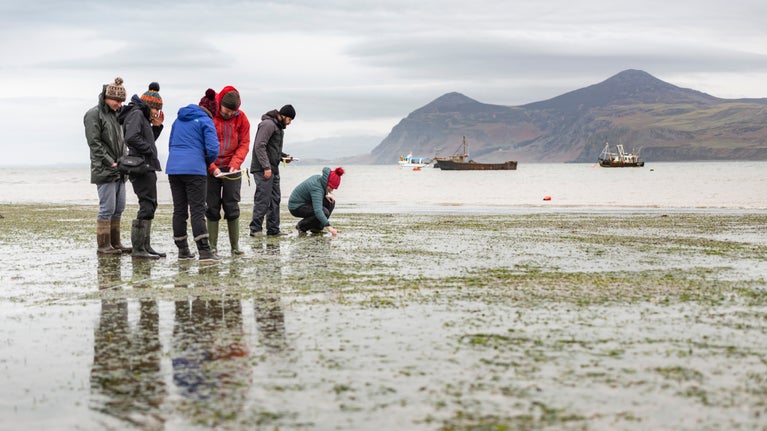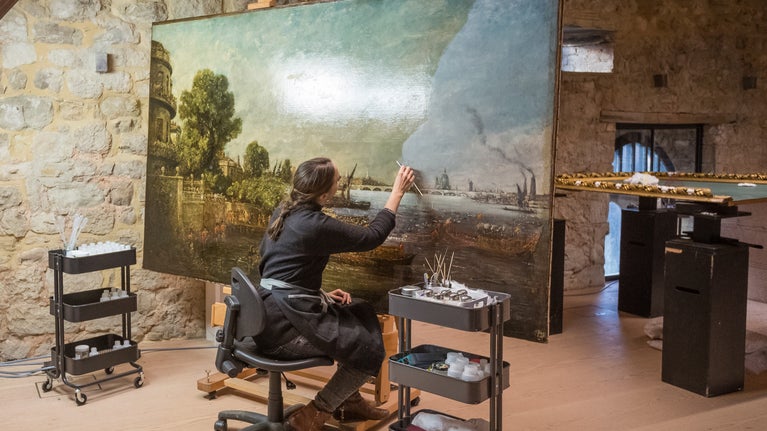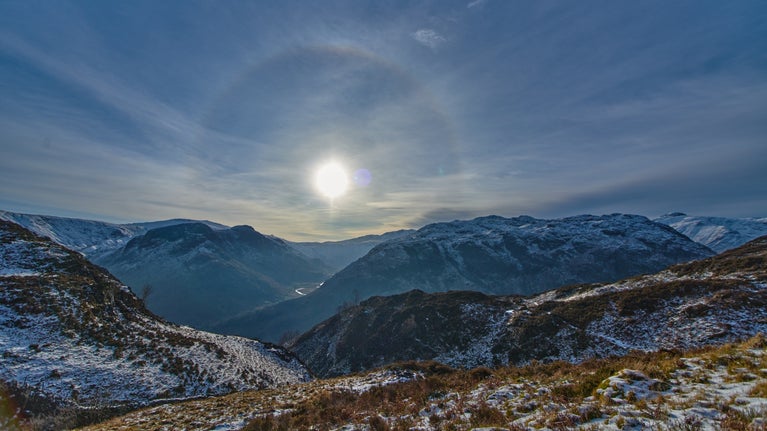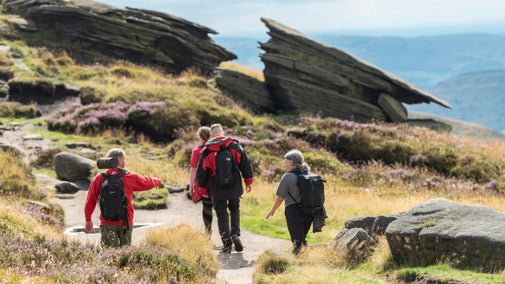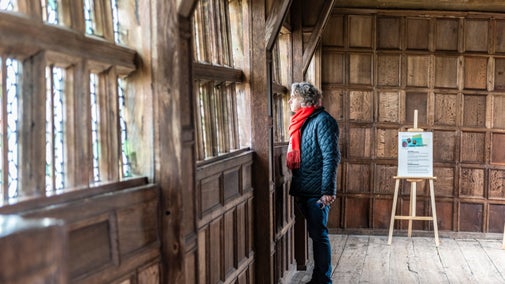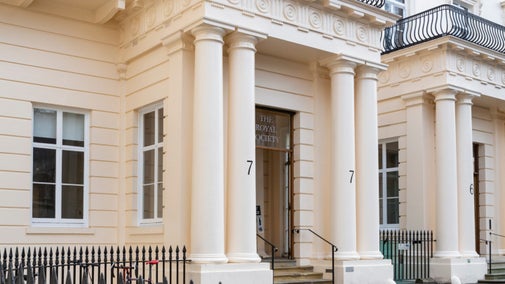Patron level
Hardwicke Rawnsley
As a Hardwicke Rawnsley Patron you'll receive:
- A patrons welcome pack, including information on accessing your benefits and details of your personal contact in the Patrons Team.
- An invitation for you and one guest to a programme of events that cover a broad range of topics throughout the year, both in person and online, taking you behind the scenes at the places we care for and meeting various experts.
- National Trust membership. Find out more about what members can enjoy.
- An annual Patrons Impact Report, keeping you up-to-date with the projects you’re helping to make possible.
- Access to our publications, including the Cultural Heritage Magazine.
- Up-to-date reports of important news and curated updates from the charity’s experts and leaders.
Suggested payment: £1,000 per year
Donation value: £800; Benefits value: £200*
*Hardwicke Rawnsley, Robert Hunter and Octavia Hill Patron membership consists of two parts: a fee that reflects the value of the benefits package and a discretionary donation to support the work of the National Trust, which qualifies for Gift Aid.
